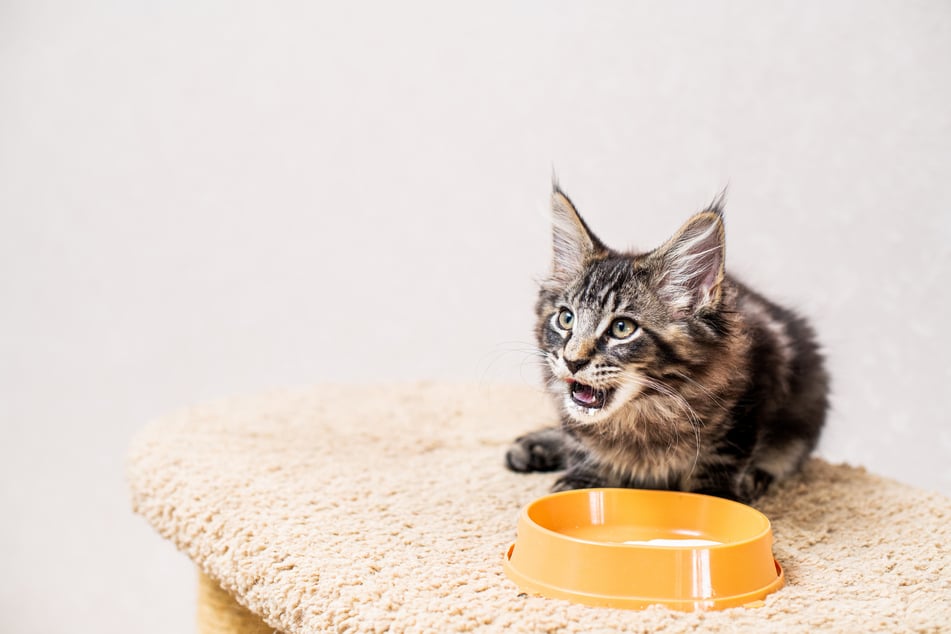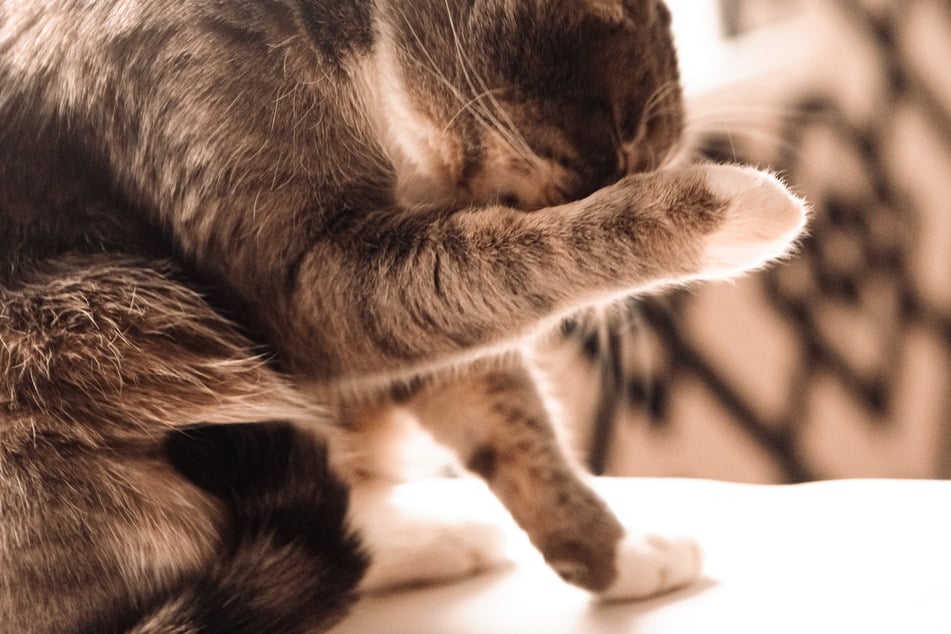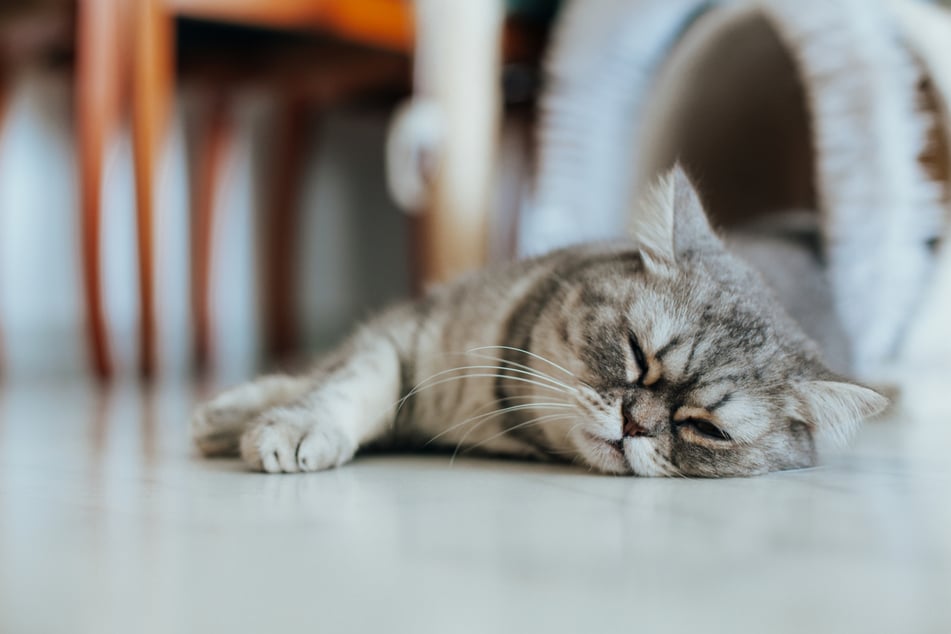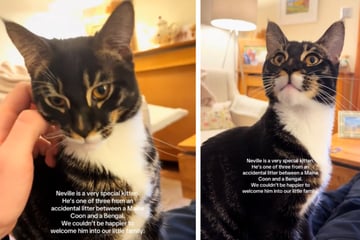Can cats burp? What is normal burping behavior for kitties and when should you consult a vet?
Does your cat burp after eating? This TAG24 cat guide explains whether cats can really burp and when you should go to a vet about it.
Can cats burp?

In principle, cats can burp if they have swallowed too much air.
This could happen while they are eating or drinking, for example.
However, it is rare for cats to burp.
This is because they breathe mainly through the nose, and air does not normally collect in their upper digestive tract.
Occasionally, a cat's burping indicates a health problem that needs to be treated by a vet.
TAG24 explains why cats sometimes burp and when you should take your pet to the doctor.
What makes a cat burp
If air collects in the cat's upper digestive tract – i.e. in the esophagus, stomach, and upper part of the small intestine – then the cat will burp. You can find out what causes this below.
Eat or drink quickly
If a cat eats or drinks too quickly, it swallows a lot of air. If a large amount of air has accumulated inside it, this occasionally escapes as a small burp.
Young cats swallow air particularly frequently when they drink milk, as they are just learning to eat, and so burping is not uncommon.
Hairballs
Grooming is very important for cats. When they lick their fur, they swallow a lot of hair, which they later regurgitate as hairballs. However, when gagging and spitting, it can happen that a cat swallows a lot of air and then burps.

Sensitive stomach
Some cats react very sensitively to a new food or certain food allergens. In the worst case, the sudden change in diet can lead to regurgitation, flatulence, diarrhea, and vomiting. If you suspect your cat has an intolerance, it is advisable to seek veterinary advice.
Tip: If you want to give your cat different food, you should do this gradually.
Stuffy nose
If the cat has a blocked nose, it is forced to breathe through its mouth, which can cause it to swallow more air and burp. If the cat's nose appears blocked and it shows other symptoms of illness, such as watery eyes and nasal discharge, the cat should be examined by a vet.
Parasites
If the cat's digestive tract is infested with parasites such as Giardia, coccidia, roundworms, or tapeworms, the consequences may include indigestion, belching, and flatulence, depending on the species. If parasites are suspected, a visit to the vet is recommended.

Inflammatory diseases
Inflammation of the cat's digestive tract can cause vomiting, diarrhea, and flatulence as well as regurgitation. If you have the impression that your cat is not feeling well, you should have it examined by a vet.
Conclusion
Occasional burping in cats is rather harmless, provided the cat otherwise makes a healthy impression.
Burping is only a cause for concern and a case for the vet if the cat burps frequently or several times a day and shows other symptoms of illness such as listlessness, diarrhea, weight loss, and/or vomiting.
Cover photo: 123RF/morozmarusia
